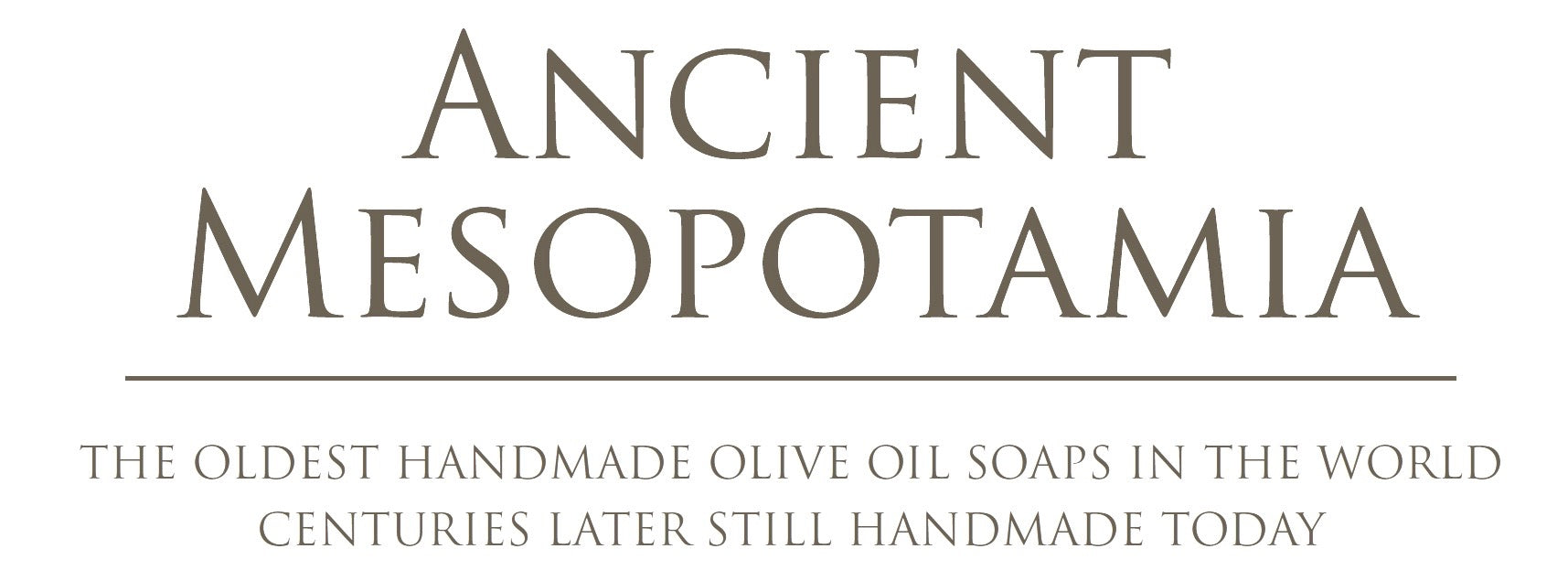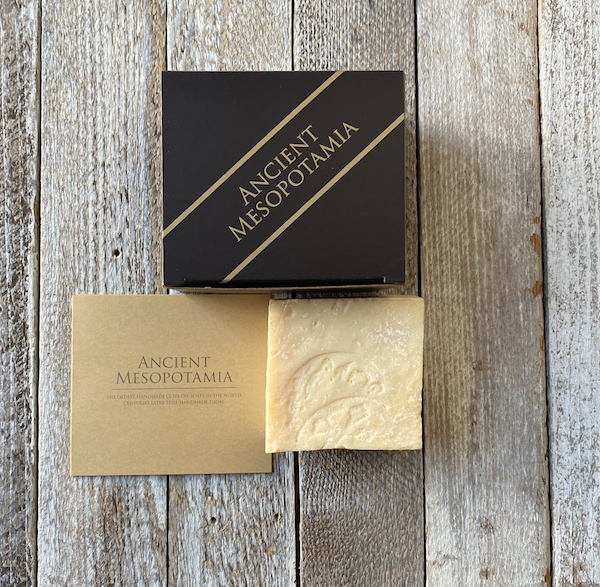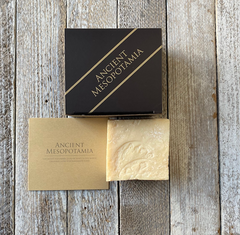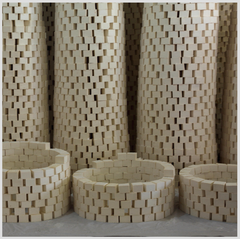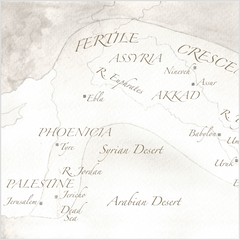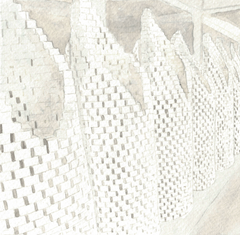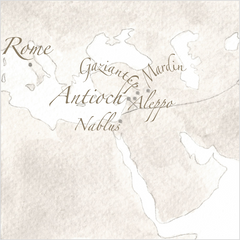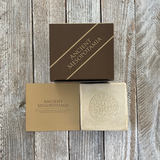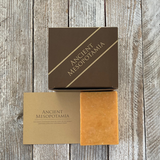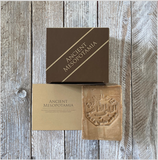Nablus Soap 100% First Pressed Olive Oil, olive groves of 5000 years, 150g Handmade in Nablus, Palestine : The Untold Story of Soap.
£9.95
NABLUS SOAP : from the world's most ancient olive groves. Palestine : 63 BCE a Roman Province. Unesco World Heritage Site, Central Highland area of Nablus, Battir to Hebron. Seven natural springs, The Roman Empire channels and pools irrigate, centuries later, still worked today continuing making history. Nablus Soap, unchanged and still handmade today after more than a thousand years, a delicately scented creamy white soap, 100% first pressed olive oil, containing vitamins E and K, for delicate and sensitive dry skin, suitable for all ages, especially children, containing no perfumes, artificial colours or, preservatives (the preference of Elizabeth I).
Local lime, ash (ashes of the Barilla plant from the salty banks of the River Jordan, soda making qualities of Barilla seaweed) are pounded into a powder, the pure olive oil soap mixture is gently heated and continuously stirred over many days in copper vats, then spread out to set, soaked in red vegetable pigment, a grid of woollen threads leaves its imprint, as the process of lines are established for the cutter's hand, whilst the stamped seal of the two crossed keys completes the process, thereafter, stacked to dry. Continuing making history remarkably, from the original historical area, directly from the Soapmakers in Nablus, Palestine. Palestine : the world's most ancient olive groves; The Fertile Crescent.
PALESTINE in the ancient world was part of the region known as Canaan where the Kingdoms of Israel and Judaea were located. The term `Palestine’ was originally a designation of an area of land in southern Canaan the people were known as Philistines. The Philistines are thought to have come to the area towards the end of the Bronze age c. 1276 BCE and established themselves on the southern coastal plain of the Mediterranean Sea in an area afterwards known as Philistia. The whole of the region was referred to as ‘Canaan' in Mesopotamian texts and trade records found at Ebla and Mari as early as the 18th century BCE while the term ‘Palestine' does not appear in any written records until 430 BCE in the Histories of Herodotus. Later, the term ‘Palestine' came to be used for the entire region which was formerly known as Canaan.Jacob's Well, located at the entrance of Nablus. Jacob, on his return from Mesopotamia, bought a plot of land from Hanor on which he pitched his tent and dug a deep well for himself, his children and his flocks. Followers of Jesus say that it was at this well that Jesus met the woman from Samaria and asked her for water to drink, the well has been a pilgrimage still today, Nablus, Palestine, The Holy Land.
9,000 years, it was mentioned in the Bible as Shechem with the names of Abraham, Joseph and Jacob. Neapolis, the New City named in 72 CE by The Flavian Emperors 69 AD-96 CE, the modern name of Nablus is a corruption of the Greek name Neapolis. 2nd Century, Emperor Hadrian builds an impressive Theatre in Neapolis seating 7,000. Always the home of The Samaritan's, still today, meaning a person who is generous in helping those in distress, Old Town of Nablus, Unesco Tentative Listing.
ANCIENT MESOPOTAMIA : Antiochia Soap, Mardin Soap, Aleppo Soap and Nablus Soap; a collection of the first handmade olive oil, laurel berry oil, pistachio oil & almond oil soaps traded on The Silk Route, all from the area of Ancient Mesopotamia, The Fertile Crescent, used by The Emperors, Kings, Queens, Princesses, Pharaohs and the wealthy, centuries later, still handmade today. 2200 BCE (where oils in soap began, Sumerians), a formula of soap consisting of water, alkali (ash) and cassia oil (cinnamomum) was written on a clay tablet (two thousand years before The Silk Route opened).
ANCIENT MESOPOTAMIA : continuing the ethical and sustainable ethos, the culture and spirit of the first Soapmakers of the world remarkably, still handmade today from the original historical areas whilst supporting their families.
SOAP : an ancient product, the greatest medical discovery in human history, cleans away something you cannot see, soap does not attract germs, water does, saves the life of a healthy person oblivious to the bullet they dodged, has saved more lives than penicillin, doesn't just make cities healthier it makes them possible, enabling our existence.
Nablus Soap, history in box, ingredients : Local lime, Olea Europaea Fruit oil (Olive oil), Aqua (Water), Sodium Hydroxide (Soda, Barilla Plant Ash), Sodium Chloride (Salt). Ancient Mesopotamia products contain no perfumes, artificial colours or, preservatives. Ancient Mesopotamia products are not tested on animals and are 100% biodegradable. 150g ℮.
